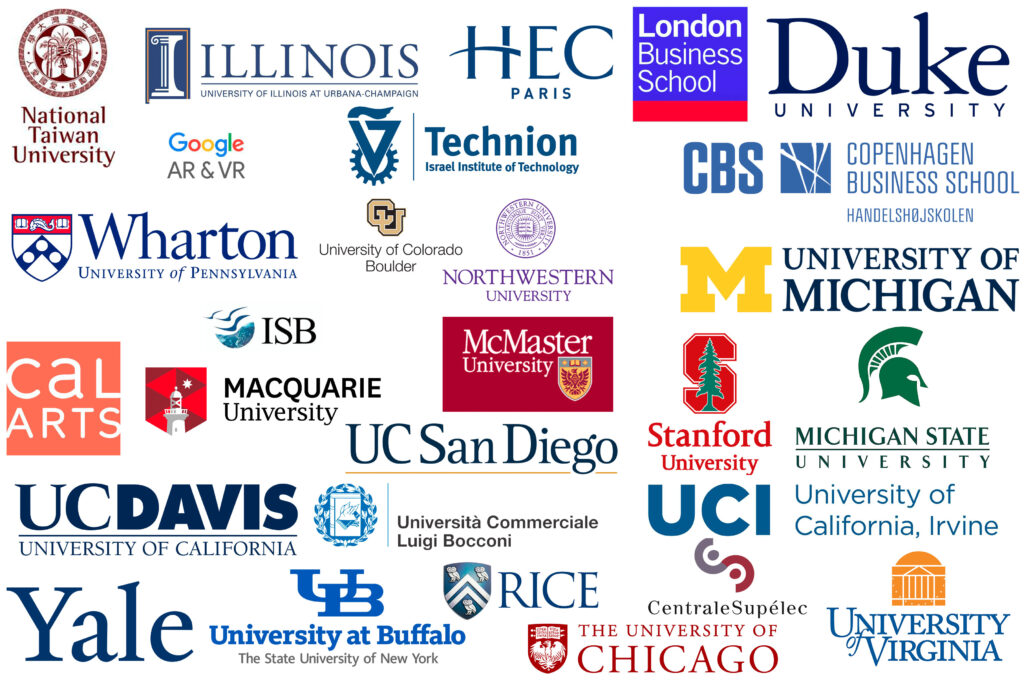
What to look for when looking at Colleges?
What to look for when looking at colleges?
Introduction:
It is well known that selecting a college is easily the biggest decision for high school students, as selecting the one that’s right for you would set the foundation for your future. With countless options on your hands, it’s important to weigh several factors to guarantee a well-informed and best-fitted choice. The following aims to provide guidance on what to look for when evaluating potential educational institutions.
Academic Programs:
One of the most important things that you can look for would be the Academic Programs offered by the University. You should consider the depth of the programs offered, and how beneficial it can be for you. Always keep an eye out for institutions that align with your interests and future goals. When looking for your preferred college, make sure to review the reputation and quality of such specific departments that the college offers. Doing such can determine if they can provide the necessary resources and support for your desired field of study.
Size and Location:
While searching, consider the location and size of such institutions. Many students prefer a smaller, close-knit community, while others would prefer the diversity or vibe of a larger campus. The location of your university can also impact your lifestyle and access to opportunities. As you search, make sure you know whether you prefer a suburban environment, urban setting, or a more rural campus.
Campus Culture and Student life:
As you search, you would also take into account the student life and the campus culture. Every campus has a unique atmosphere, and finding the right fit is essential for a fulfilling university experience. The best thing you can do is attend open houses, visit campuses, or even connect with current students. Such would help gauge and be more informed about the overall environment, clubs, extracurricular activities, and support/help services available.
Faculty and Resources:
While reviewing, look into the qualifications and the expertise of the faculty members (staff). You should also investigate what they are known for, such as if they are known for their research, publications, or even industry experience. Access to resources like libraries, laboratories, and even technology is also crucial for academic success. It’s best to explore the institution’s investment in such resources and how they align with your educational filters.
Internship and Job Placement:
When evaluating colleges, it is important to assess the institution’s history of facilitating successful internships and job placements for students. You should look for strong evidence of industry connections, career fairs, extensive alumni networks, and comprehensive support services encompassing resume building, internship programs, and interview preparation. All about, internships and programs made to benefit students are aimed at enhancing students employability and professional growth. These factors collectively contribute to a well-rounded education that prepares graduates for a competitive job market and long term-career success.
Financial Aid and Scholarships:
When you’re considering your choices for colleges, it’s important to carefully think about the financial side of things. You should take a good look at what the school offers, like scholarships, grants, and financial aid programs, and see if they match your financial situation. Also, check if the school is committed to helping students by providing different ways to get financial support. This way, you can pursue your education without worrying too much about money. This way, you can pursue your education without worrying too much about money. By considering both your finances and your academic and personal goals, you can make a smart choice that will set you up for success in college.
Reputation and Rankings:
While it’s important not to rely only on rankings when choosing a college or university, they can provide helpful information. You should look at the institution’s reputation locally and globally, considering rankings in specific subjects, research, and overall excellence. But always remember, a higher-ranked school doesn’t automatically mean it’s the best fit for your personal and academic goals. Instead, take a well-rounded approach that considers other factors to find the right fit for your education and future success.
Conclusion:
When it comes to picking a college or university, it’s a big decision that you should carefully consider. Take the time to look into different things like the classes they offer, the atmosphere on campus, where the school is located and how big it is, the teachers and resources available to you, opportunities for internships, and the financial aid they provide. All these factors will help you make a smart choice that fits with your goals and helps you succeed in the future. Remember, high schoolers from all over the world face similar choices, so it’s important to gather information and make an informed decision that feels right for you.

Never thought about looking into reputation. Thanks, very helpful!